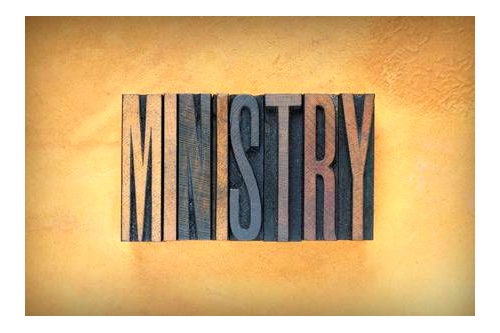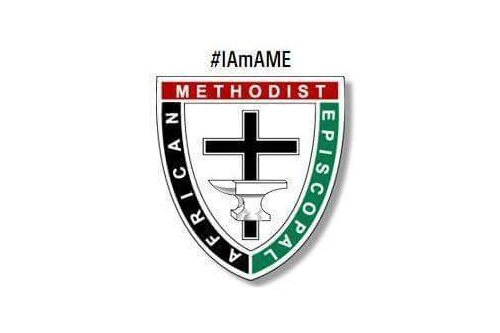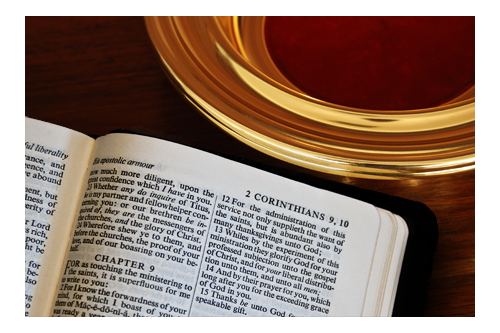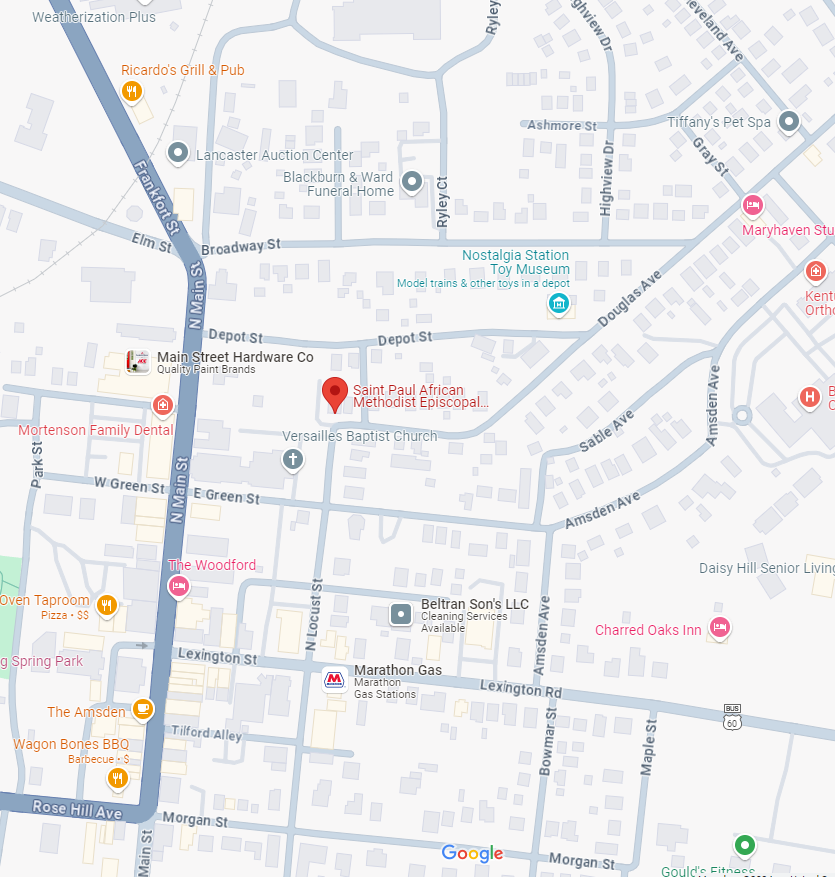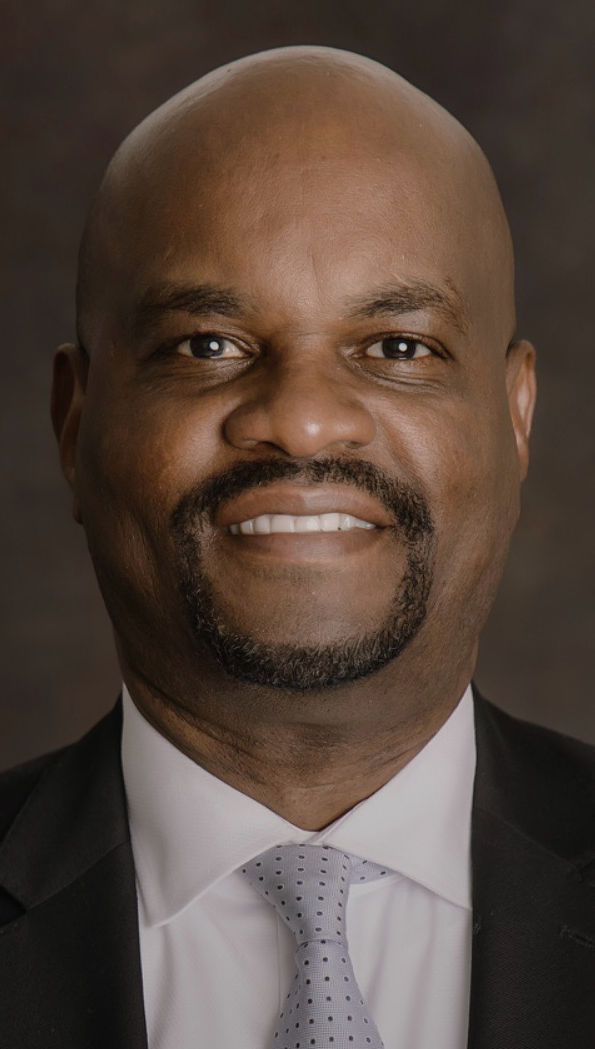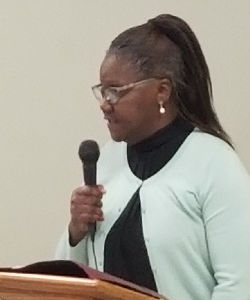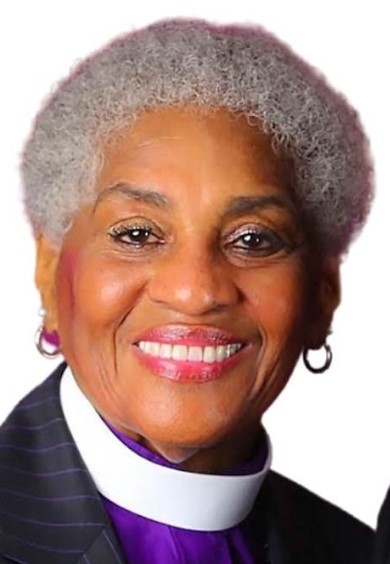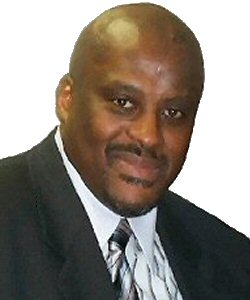Our 25 Articles of Religion
1. OF FAITH IN THE HOLY TRINITY
There is but one living and true God, everlasting, without body
or parts, of infinite power, wisdom and goodness; the maker and
preserver of all things, both visible and invisible. And in unity
of this God-head, there are three persons of one substance, power
and eternity; the Father, the Son and the Holy Ghost.
2. OF THE WORD OR SON OF GOD, WHO WAS MADE VERY MAN
The Son, who is the Word of the Father, the very and eternal God,
of one substance with the Father, took man's nature in the womb
of the blessed Virgin; so that two whole and perfect natures, that
is to say, the God-head and manhood, were joined together in one
person, never to be divided, whereof is one Christ, very God and
very man, who suffered, was crucified, dead and buried, to reconcile
his Father to us, and to be a sacrifice, not only for original guilt,
but also for actual sins of men.
3. OF THE RESURRECTION OF CHRIST
Christ did truly rise from the dead, and took again his body with
all things appertaining to the perfection of man's nature, wherewith
he ascended into heaven, and sitteth until he returns to judge all
men at last day.
4. OF THE HOLY GHOST
The Holy Ghost, proceeding from the Father and the Son, is of one
substance, majesty and glory with the Father and the Son, very and
eternal God.
5. THE SUFFICIENCY OF THE HOLY SCRIPTURES FOR SALVATION
The Holy Scripture containeth all things necessary to salvation;
so that whatever is not read therein, nor may be proved thereby,
is not to be required of any man, that it should be believed as
an article of faith, or be thought requisite or necessary to salvation.
In the name of the Holy Scriptures, we do understand those canonical
books of the Old and New Testament, of whose authority was never
any doubt in the Church.
The Names of the Canonical Books:
All the books of the New Testamemt as they are commonly received,
we do receive and account canonical.
6. OF THE OLD TESTAMENT
The Old Testament is not contrary to the New; for both in the Old
and the New Testament, everlasting life is offered to mankind by
Christ, who is the only Mediator between God and man, being both
God and man. Wherefore, they are not to be heard, who feign that
the old fathers did look only for transitory promises. Although
the law given from God by Moses, as touching ceremonies and rites,
doth not bind Christians, nor ought the civil precepts thereof of
necessity be received in any commonwealth; yet notwithstanding,
no Christian whatsoever is free from the obedience of the Commandments,
which are called moral.
7. OF ORIGINAL OR BIRTH SIN
Original sin standeth not in the following of Adam (as the Pelagians
do vainly talk) but it is the corruption of the nature of every
man, that naturally is engendered of the offspring of Adam, whereby
man is very far gone from original righteousness, and of his own
nature inclined to evil, and that continually.
8. OF FREE WILL
The condition of man after the fall of Adam is such that he cannot
turn and prepare himself by his own natural strength and works to
faith, and calling upon God; wherefore, we have no power to do good
works, pleasant and acceptable to God, without the grace of God;
by Christ preventing us, that we may have a good will, and working
with us, when we have that good will.
9. OF THE JUSTIFICATION OF MAN
We are accounted righteous before God only for the merit of our
Lord and Savior, Jesus Christ, by faith, and not by our own works
or deservings; wherefore, that we are justified by faith only, is
a most wholesome doctrine, and very full of comfort.
10. OF GOOD WORKS
Although good works, which are the fruit of faith, and follow after
justification, cannot put away our sins, and endure the severity
of God's judgments: yet are they pleasing and acceptable to God
in Christ, and spring out of a true and lively faith, insomuch that
they by them a lively faith may be as evidently known, as a tree
is discerned by its fruit.
11. OF WORKS OF SUPEREROGATION
Voluntary works, besides, over and above God's Commandments, which
they call works of supererogation, cannot be taught without arrogancy
and impiety. For by them men do declare that they do not only render
unto God as much as they are bound to do, but that they do more
for His sake than of bounden duty is required; whereas Christ said
plainly," When ye have done all that is commanded you, say, we are
unprofitable servants."
12. OF SIN AFTER JUSTIFICATION
Not every sin willingly committed after justification is the sin
against the Holy Ghost, and unpardonable. Wherefore, the grant of
repentance is not to be denied to such as fall into sin after justification.
After we have received the Holy Ghost, we may depart from grace
given, and fall into sin, and by the grace of God, rise again, and
amend your lives. And therefore they are to be condemned who say
they can do no more sin as long as they live here; or deny the place
of forgiveness to such as truly repent.
13. OF THE CHURCH
The visible Church of Christ is a congregation of faithful men,
in which the pure Word of God is preached, and the sacraments duly
administered according to Christ's ordinance, in all those things
that of necessity are requisite to the same.
14. OF PURGATORY
The Romish doctrine concerning purgatory, pardon, worshipping,
and adoration, as well as images, as of relics, and also invocations
of saints, is a fond thing, vainly invented, and grounded upon no
warrant of Scripture, but repugnant of the Word of God.
15. OF SPEAKING IN THE CONGREGATION IN SUCH A TONGUE AS THE PEOPLE
UNDERSTAND
It is a thing plainly repugnant to the Word of God, and the custom
of the primitive Church, (to have public prayer in the Church,)
or to minister the Sacraments, in a tongue not understood by the
people.
16. OF THE SACRAMENTS
Sacraments ordained of Christ are not only badges or tokens of
Christian men's profession, but rather they are certain signs of
grace, and God's good will towards us, by the which he doth work
invisibly in us, and doth not only quicken, but also strengthen
and confirm our faith faith in Him.
There are two Sacraments ordained of Christ our Lord, in the Gospel;
that is to say, Baptism and the Supper of the Lord.
Those five commonly called sacraments, that is to say, Confirmation,
Penance, Orders, Matrimony and Extreme Unction, are not to be counted
for Sacraments of the Gospel; being such as have partly grown out
of the corrupt following of the Apostles; and partly are states
of life allowed in the Scriptures, but yet have not the like nature
of Baptism and the Lord's Supper, because they have not any visible
sign, or ceremony ordained of God.
The Sacraments were not ordained of Christ to be gazed upon, or
to be carried about; but that we should duly use them. And in such
only as worthily receive the same, they have a wholesome effect
or operation; but they that received them unworthily, purchase to
themselves condemnation, as St. Paul saith.
17. OF BAPTISM
Baptism is not only a sign of profession, and mark of difference;
but it is also a sign of regeneration, or the new birth. The baptism
of young children is to be retained in the church.
18. OF THE LORD'S SUPPER
The Supper of the Lord is not only a sign of the love that Christians
ought to have among themselves one to another, but rather is a Sacrament
of our redemption by Christ's death; insomuch, that to such as rightly,
worthily, and with faith receive the same, the bread which we break
is a partaking of the body of Christ; and likewise the cup of blessing
is a partaking of the blood of Christ.
Transubstantiation, or the change of the substance of bread and
wine in the Supper of our Lord, cannot be proved by Holy Writ; but
is repugnant to the plain words of Scripture, overthroweth the nature
of a sacrament, and hath given occasion to many superstitions.
The body of Christ is given, taken and eaten in the Supper, only
after a heavenly and spiritual manner. And the means whereby the
body of Christ is received and eaten in the Supper, is faith.
The Sacrament of the Lord's Supper is not by Christ's ordinance
reserved, carried about, lifted up, or worshipped.
19. OF BOTH KINDS
The cup of the Lord is not to be denied to the lay people: for
both parents of the Lord's Supper, by Christ's ordinance and commandment,
ought to administered to all Christians alike.
20. OF THE ONE OBLATION OF CHRIST, FINISHED UPON THE CROSS
The offering of Christ once made, is that perfect redemption, propitiation,
and satisfaction for all the sins of the whole world, both original
and actual; and there is none other satisfaction for sin but that
alone. Wherefore the sacraments of masses, in which it is commonly
said that that priest doth offer Christ for the quick and the dead,
to have remission of pain or guilt, is a blasphemous fable, and
dangerous deceit.
21. OF THE MARRIAGE OF MINISTERS
The ministers of Christ are not commanded by God's law either to
vow the estate of single life, or to abstain from marriage; therefore,
it is lawful for them, as for all other Christians, to marry at
their own discretion, as they shall judge the same to serve best
to godliness.
22. OF THE RITES AND CEREMONIES OF CHURCHES
It is not necessary that rites and ceremonies should in all places
be the same, or exactly alike; for they have been always different,
and may be changed according to the diversity of countries, times,
and men's manners, so that nothing be ordained against God's Word.
Whosoever, through his private judgment, willingly and purposely,
doth openly break the rites and ceremonies of the church to which
he belongs, which are not repugnant of the Word of God, and are
ordained and approved by common authority, ought to be rebuked openly,
that others may fear to do the like, as one that offendeth against
the common order of the Church and woundeth the consciences of weak
brethren.
Every particular Church may ordain, change, or abolish rites and
ceremonies so that all things may be done to edification.
23. OF THE RULERS OF THE UNITED STATES OF AMERICA
The President, the Congress, the General Assemblies, the Governors,
and the Councils of State, as the delegates of the people, are the
rulers of the United States of America, according to the division
of power made to them by the Constitution of the United States,
and by the constitution of their respective states and the Councils
of States delegates of the people, are the rulers of the United
States of America, and by the Constitutions of their respective
States. And the said states are a sovereign and independent nation,
and ought not to be subject to any foreign jurisdiction.
24. OF CHRISTIAN MEN'S GOODS
The riches and goods of Christians are not common as touching the
right, title and possession of the same, as some do falsely boast.
Notwithstanding, every man ought, of such things as he possesseth,
liberally, to give alms to the poor, according to his ability.
25. OF A CHRISTIAN MAN'S OATH
As we confess that vain and rash swearing is forbidden Christian
men by our Lord, Jesus Christ and James, His apostle: so we judge
that the Christian religion doth not prohibit, but that a man may
swear when the magistrate requireth, in a cause of faith and charity,
so it be done according tot he prophet's teaching, in justice, judgment,
and truth.

